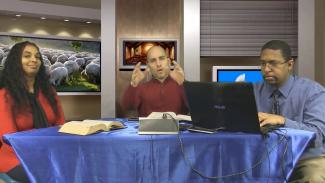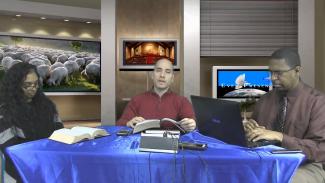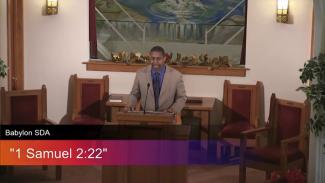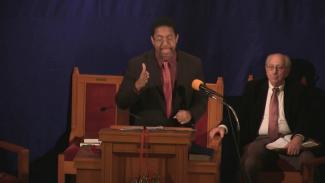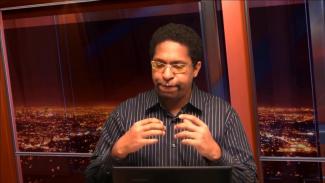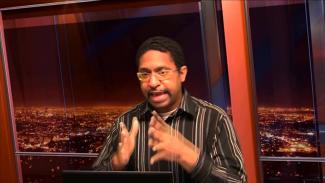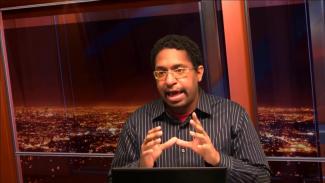How should we conduct ourselves in the work place? Can God use us to be a blessing to those we work for and with? Should it matter how a representative of God behaves in the work place? Does religion have a place at work? What do you do when your boss, co-worker, or supervisor is unreasonable, critical, and untrusting? What happens when someone knew comes in and changes everything you used to love about work?

